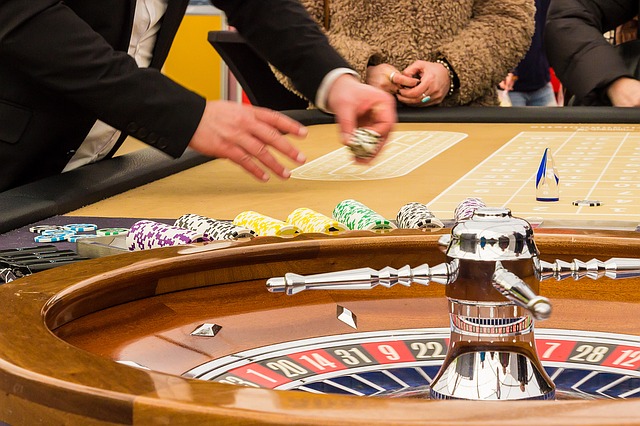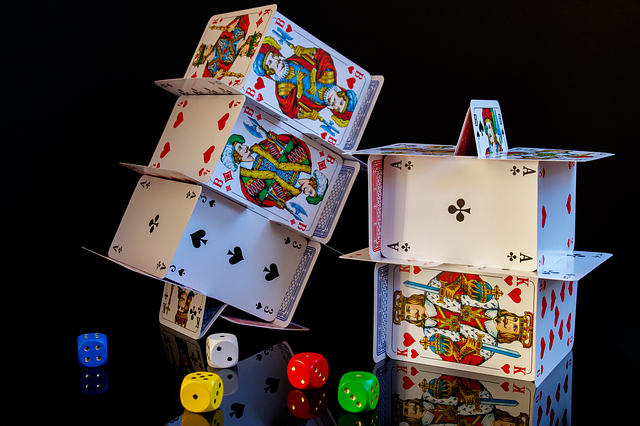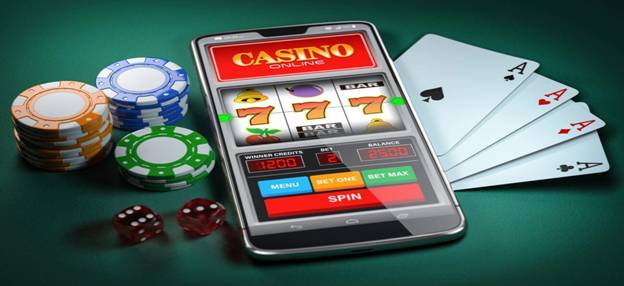Introduction
Have you ever wondered how casinos make money? It’s not just luck, but rather a carefully calculated mathematical advantage known as the “house edge.” In this article, we will delve into the fascinating world of casino games, exploring the math behind them and how the house edge impacts your chances of winning. So, let’s get started!
How Does the House Edge Work?
When you play a casino game, whether it’s blackjack, roulette, or slot machines, the house always has an inherent advantage. This advantage ensures that, in the long run, the casino will make a profit. The house edge is the statistical advantage the casino holds over the players, represented as a percentage.
For example, if a game has a house edge of 2%, it means that over time, the casino will expect to keep 2% of all the money wagered on that game. This doesn’t mean that you can’t win in the short term, as luck can still play a significant role. However, the odds are designed to favor the casino in the long run.
Understanding Probability and Odds
To comprehend the house edge better, it’s essential to understand the concepts of probability and odds. Probability refers to the likelihood of an event happening, while odds represent the ratio of the probability of an event occurring to the probability of it not occurring.
In casino games, the odds are determined by the rules of the game and the mathematics behind them. Games like roulette and blackjack have well-defined odds, enabling players to make informed decisions based on their understanding of the probabilities.
Examples of House Edge in Popular Casino Games
Let’s take a closer look at some popular casino games and how their house edges affect your chances of winning:
1. Blackjack
Blackjack is a game where skill and strategy can make a difference. The house edge in blackjack can be as low as 0.5%, depending on the specific rules and your playing decisions. By using basic strategy, players can minimize the house edge and increase their odds of winning.
2. Roulette
In roulette, the house edge varies depending on the type of roulette wheel you’re playing. The European roulette wheel, with its single zero, has a lower house edge of around 2.7%. On the other hand, the American roulette wheel, with its additional double zero, increases the house edge to approximately 5.26%.
3. Slot Machines
Slot machines are the most popular casino games and also have the highest house edge. The house edge can range from 2% to 15% or more, depending on the specific machine and its payout structure. While winning big on a slot machine is possible, the odds are significantly stacked against the player.
Tips for Minimizing the House Edge
While the house always has the advantage, there are strategies you can employ to minimize the impact of the house edge:
- Learn basic strategy for games like blackjack to make optimal decisions based on mathematical probabilities.
- Stick to European roulette over American roulette to take advantage of the lower house edge.
- Look for slot machines with higher payout percentages, known as “loose” machines.
- Set a budget and stick to it, avoiding chasing losses or increasing your wagers when on a losing streak.
Conclusion
Understanding the math behind casino games, particularly the house edge and odds, gives you a clearer picture of what to expect when playing. Remember, although luck plays a role, the house edge ensures that the casino has an advantage in the long run. By making informed decisions and using strategies to minimize the house edge, you can enhance your overall casino experience. So, next time you step inside a casino, keep these insights in mind and play wisely. Happy gambling!

AdHang.com is the No.1 agency for digital marketing in Nigeria and the first Internet public enlightenment agency in Africa. AdHang has everything needed to achieve your digital marketing objectives and goals. From strategic digital marketing, a tactical approach to employing advanced digital marketing tools and technologies, using seasoned marketers with decades of marketing communications experience.









Comments